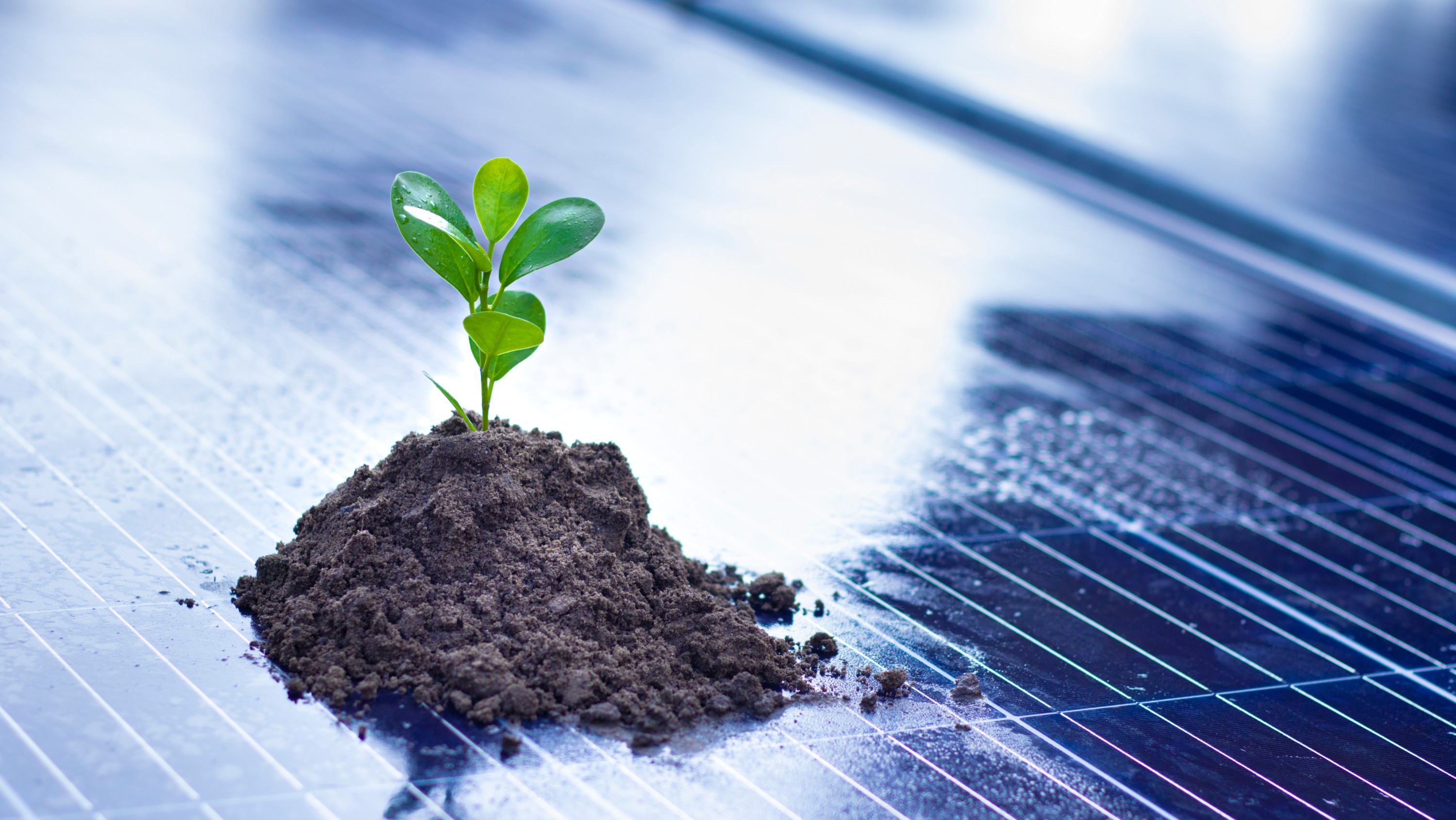University of Alberta president Bill Flanagan is in India this month to promote the university’s research strengths in energy and climate change mitigation, and explore opportunities for further collaboration with India’s top academic institutes.
The agenda for the trip includes signing and renewing memoranda of understanding with the Indian Institute of Science and Indian Institutes of Technology (IITs) in Delhi, Kanpur and Bombay — all aimed at strengthening existing partnerships.
“Addressing the world's most pressing challenges, including food security, energy transition and climate change, requires collaboration and innovation on a global scale,” says Flanagan.
The U of A has agreements with six Indian Institutes of Technology — the oldest and highest ranked among the 23 prestigious institutes in the country, says energy researcher Amit Kumar, professor and NSERC Industrial Chair in Energy and Environmental Systems Engineering, who is part of a delegation accompanying the president on his trip.
Kumar calls the partnerships “unique in the world — no other institution has done this with all of the top IITs.” The U of A has already launched four agreements for a joint doctoral degree program with IITs Bombay, Kharagpur, Madras and Roorkee.
Since India is the world’s fastest-growing energy market and third largest energy and oil consumer in the world, the university will explore opportunities to “unite as solution providers and leverage our mutual strengths in the fields of energy and climate research,” says vice-provost and associate vice-president Cen Huang.
She adds that collaborating with India is consistent with goals outlined in Canada’s recently established Indo-Pacific Strategy to build a sustainable and green future.
Huang also points out that the U of A has a large cohort of Indian researchers on campus and a rapidly increasing number of Indian students, reaching almost 1,800 in 2022.
Because India’s government and industry look to the IITs to help solve its most urgent technical and societal problems, the partnerships provide an enormous opportunity to help the country decarbonize, says Kumar, who is also the interim president of the U of A’s Engage India Association of Professors.
“India is a net importer of energy, and they need solutions,” he says. “Their population will be the largest in the world next year, surpassing China’s, and their middle class is growing, so the demand for energy will go up.”
The U of A can offer valuable expertise on several fronts, he adds, particularly solar and hydrogen energy, as well as carbon capture and storage — something that could be especially helpful in India, which is ramping up construction on solar plants but also has a large number of coal plants.
The U of A delegation will underscore the university’s role as the Canadian leader in a wide range of energy research, including renewable energy technologies, carbon capture, storage and utilization, and land and water reclamation.
The university’s Future Energy Systems, for example, hosts 150 researchers and nearly 1,000 graduate students conducting fundamental and applied research into areas shaping the future of energy, as well as the broad social, economic and environmental impact of future energy systems.
Hydrogen research is a top priority on the delegation’s agenda, says Kumar, who advised the provincial government in developing its Hydrogen Roadmap.
By 2050, the Hydrogen Council estimates the worldwide market for hydrogen will be worth more than $2.5 trillion per year. Alberta could become a global leader in the export of hydrogen, says Kumar, having developed large-scale hydrogen infrastructure and expertise for the oilsands industry.
While energy is the primary focus of the India trip, the university will also look to collaborate on artificial intelligence, agriculture and food sustainability, and health sciences.
Canada was the first to establish a national AI program, for example, drawing on the U of A’s expertise and research strength. In 2002, the university created the Alberta Machine Intelligence Institute with significant investment from the Alberta government, and in 2017 the institute was named one of three national institutes in Canada’s AI strategy.
Besides Kumar and Huang, the U of A delegation to India includes André McDonald, associate vice-president of strategic research initiatives and performance; John Bell, international research officer; and Maria Mathai, adviser on India to the president.
“Building on the U of A’s extensive connections with India will help foster collaboration and build a sustainable future for the planet,” says Flanagan.
